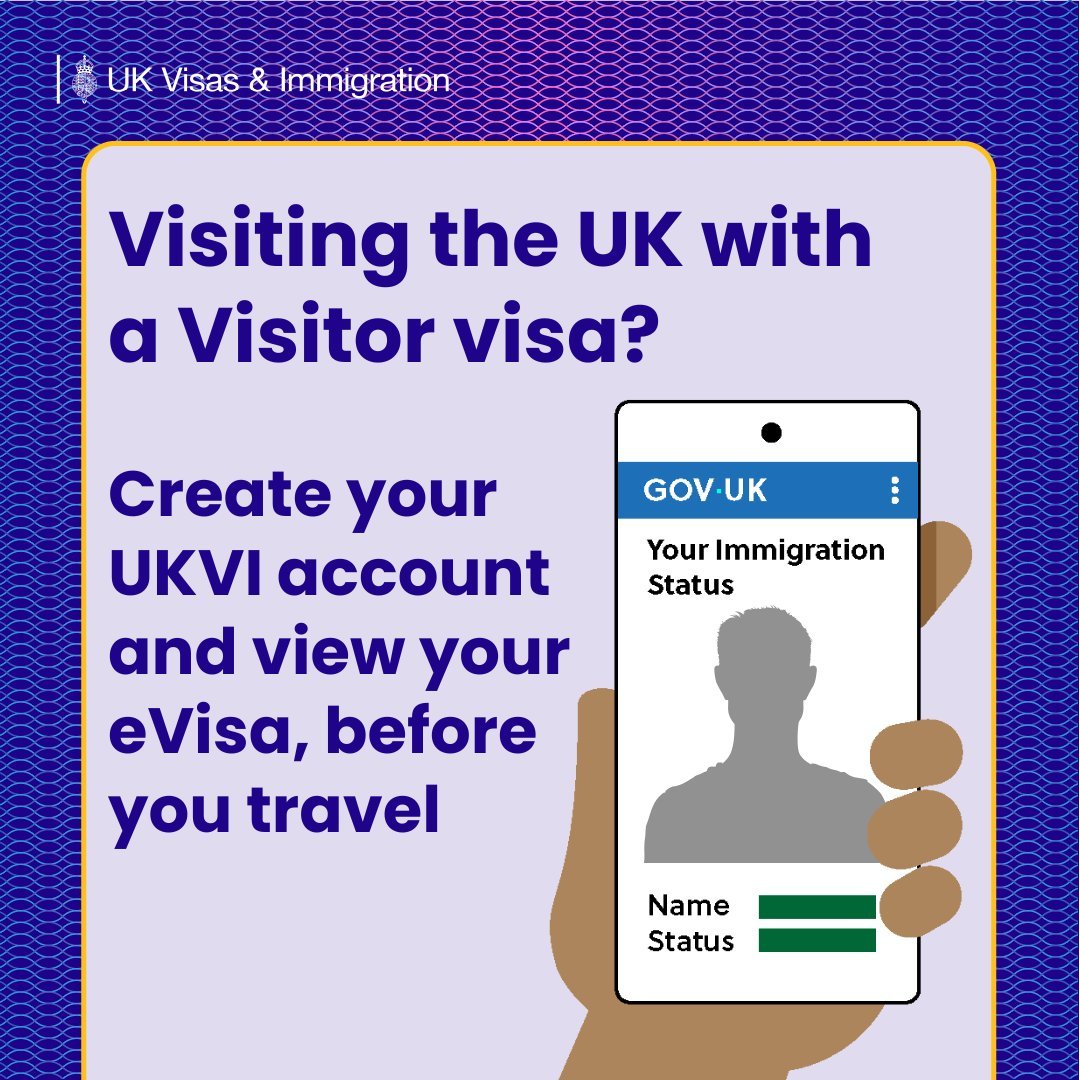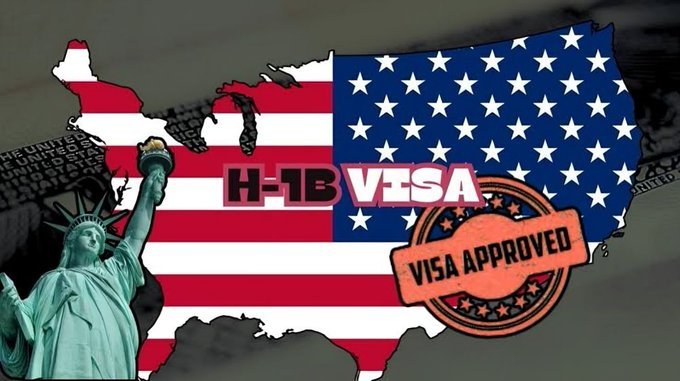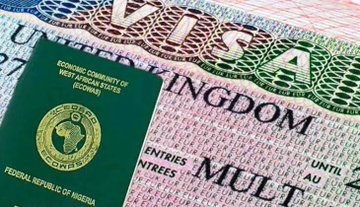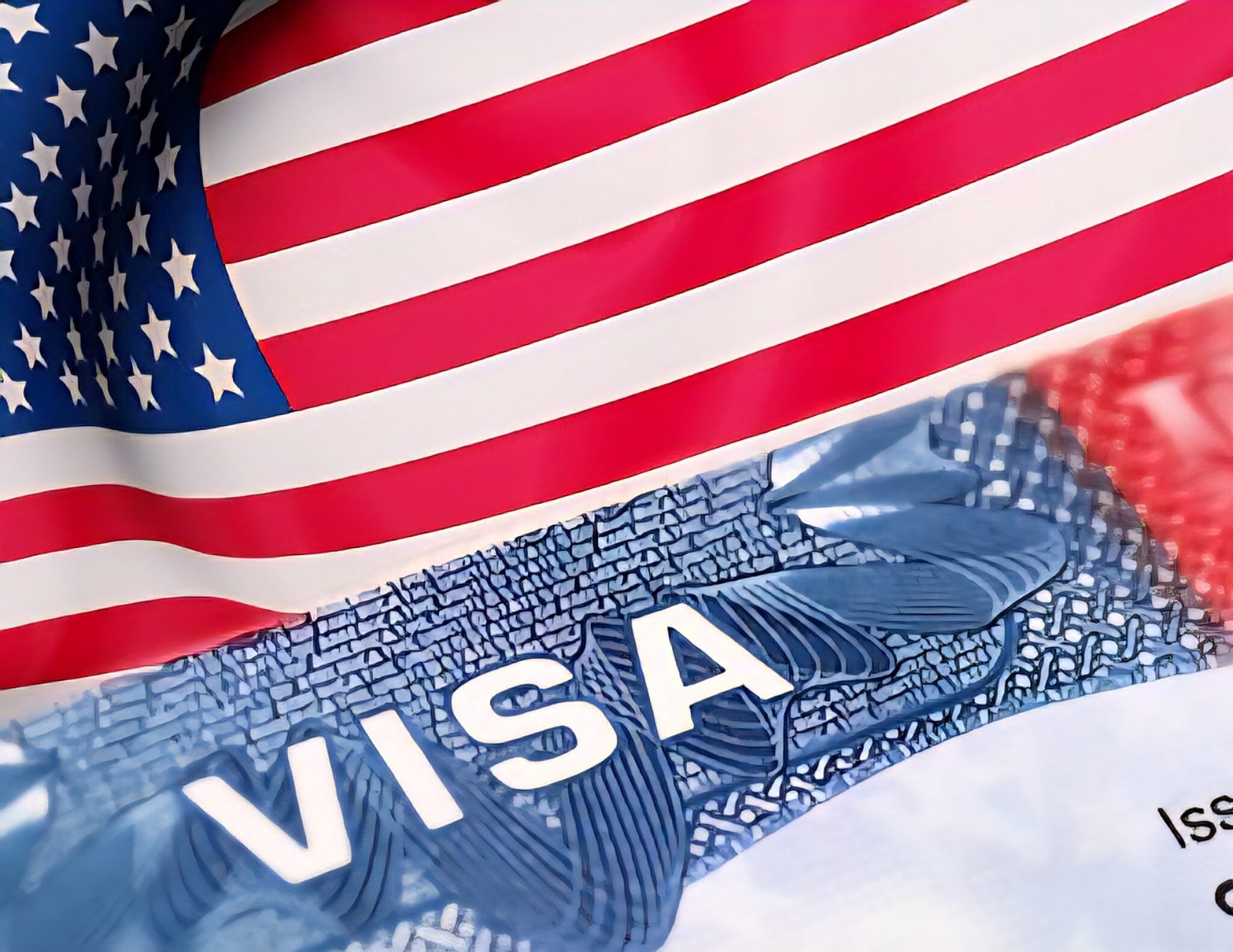New Zealand has introduced a proof of English language proficiency requirement for work visa applicants seeking lower-skilled roles under the Accredited Employer Work Visa (AEWV).
This includes positions in cleaning, hospitality, caregiving, factory work, and other production support-level occupations called ANZSCO level 4 and 5 jobs. Those with jobs in ANZSCO levels 1 to 3 (typically higher-skilled positions) or applying for a partner or dependent child visa are exempted from the new English Language proficiency test.
How to Acquire AEWV English Proficiency
1. Through Work, Study, or Citizenship
Applicants can skip the test if they are citizens of Canada, Ireland, the UK, the USA, Australia, or New Zealand or have lived, worked, or studied in these countries for at least 5 years.
Also Read:
- Nigerians Intending to Study in the UK Now Have to Show "Proof" They Have N3 Million to…
- The UK’s new levy on foreign student fees could cost English universities £620 million a year
- New Zealand Has Reduce Its Visa Processing Time to 9 Days
- Arbiterz Jobs: African Development Bank Group, Palladium, Mastercard, Jumia
Applicants who have a recognised qualification like a Bachelor’s or Postgraduate degrees from one of these countries are exempted.
Such applicants would need a passport, Degree certificate, Academic transcript and possibly an International Qualification Assessment (IQA) if your qualification isn’t automatically recognised in New Zealand.
2. Taking an Approved English Language Test
If you don’t qualify through work or study, you can still meet the requirement by taking an approved English test with the minimum scores for AEWV roles at ANZSCO 4 or 5 listed as follows:
IELTS – Overall score of 4+, TOEFL iBT – 31+, PTE Academic -29+, Cambridge B2 First – 142+, Cambridge B2 First for Schools – 142+, OET (Health roles only) – Grade D+ in all skills
Why This Matters
This change is part of New Zealand’s effort to ensure that workers in customer-facing or safety-sensitive roles can communicate effectively in English. It also aims to maintain work standards and safety in industries where communication is key. Failing to meet this requirement could result in a rejected visa application


























